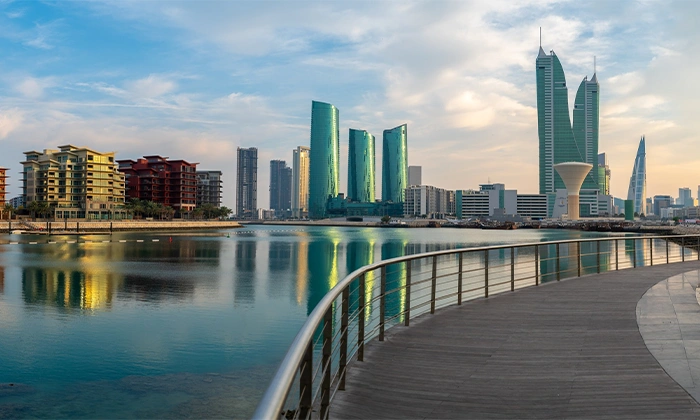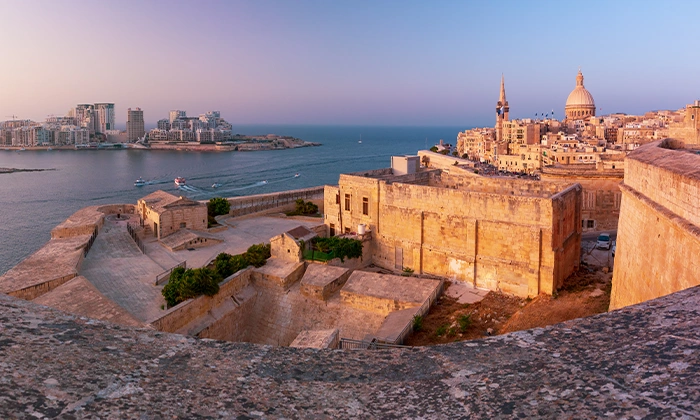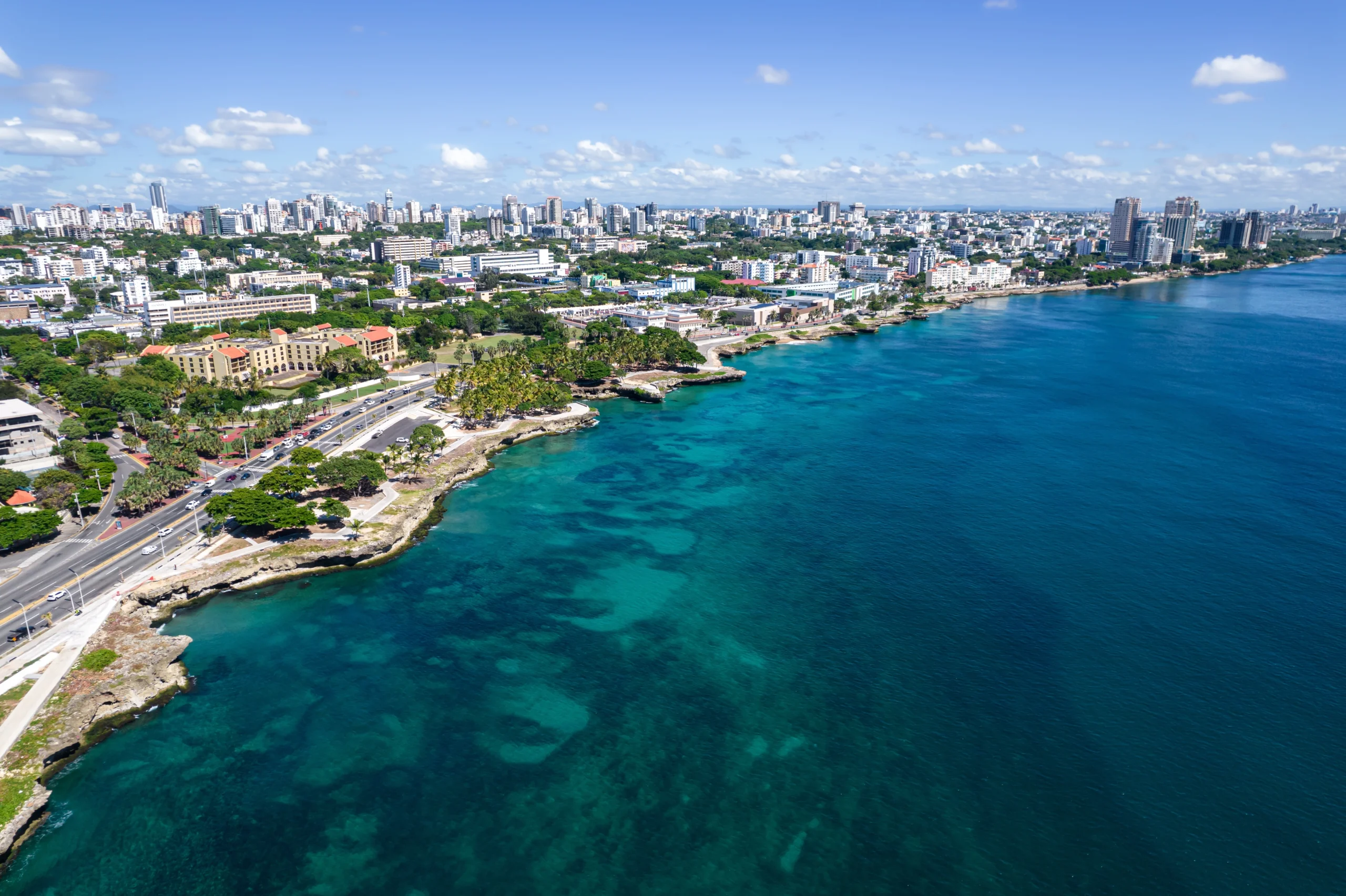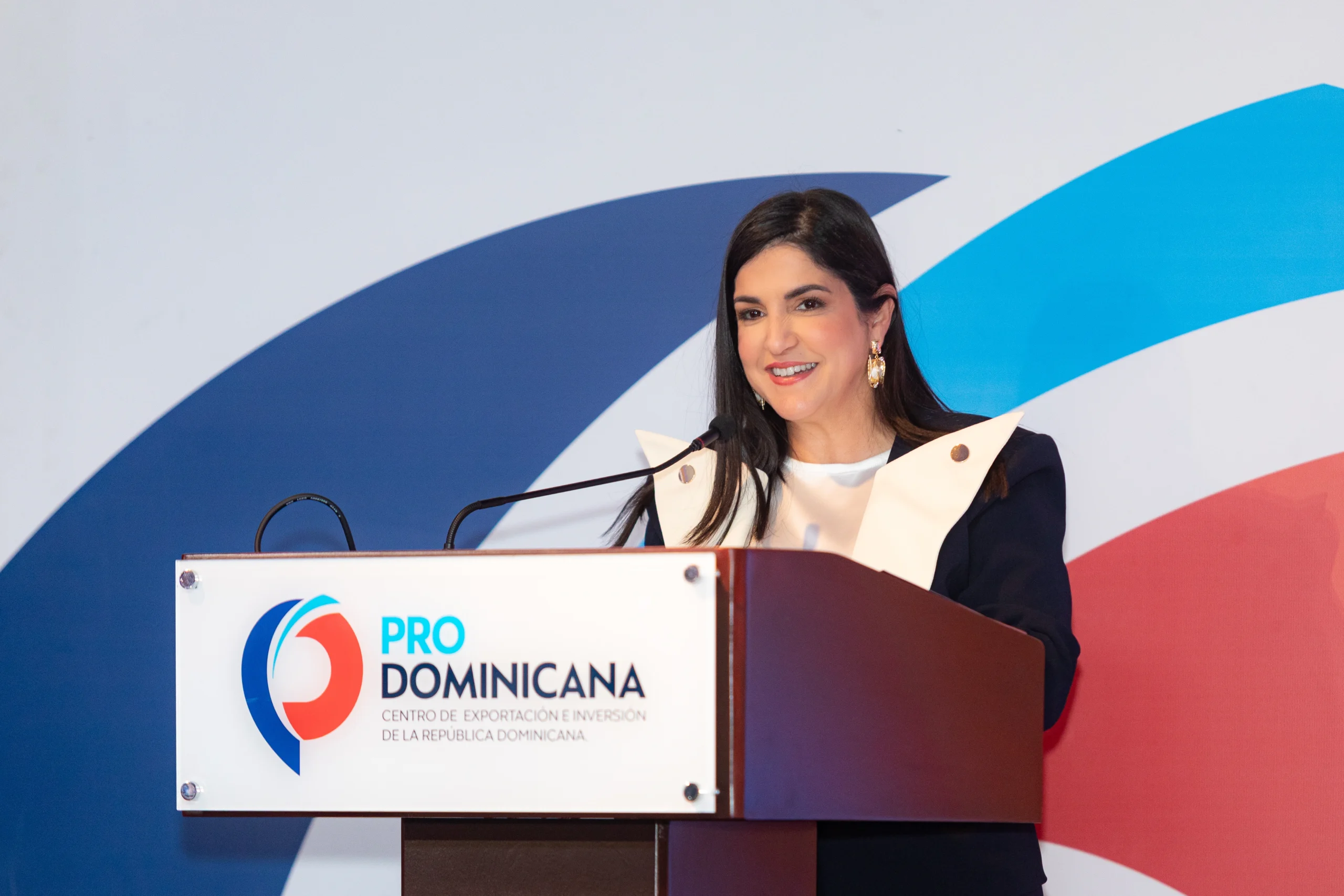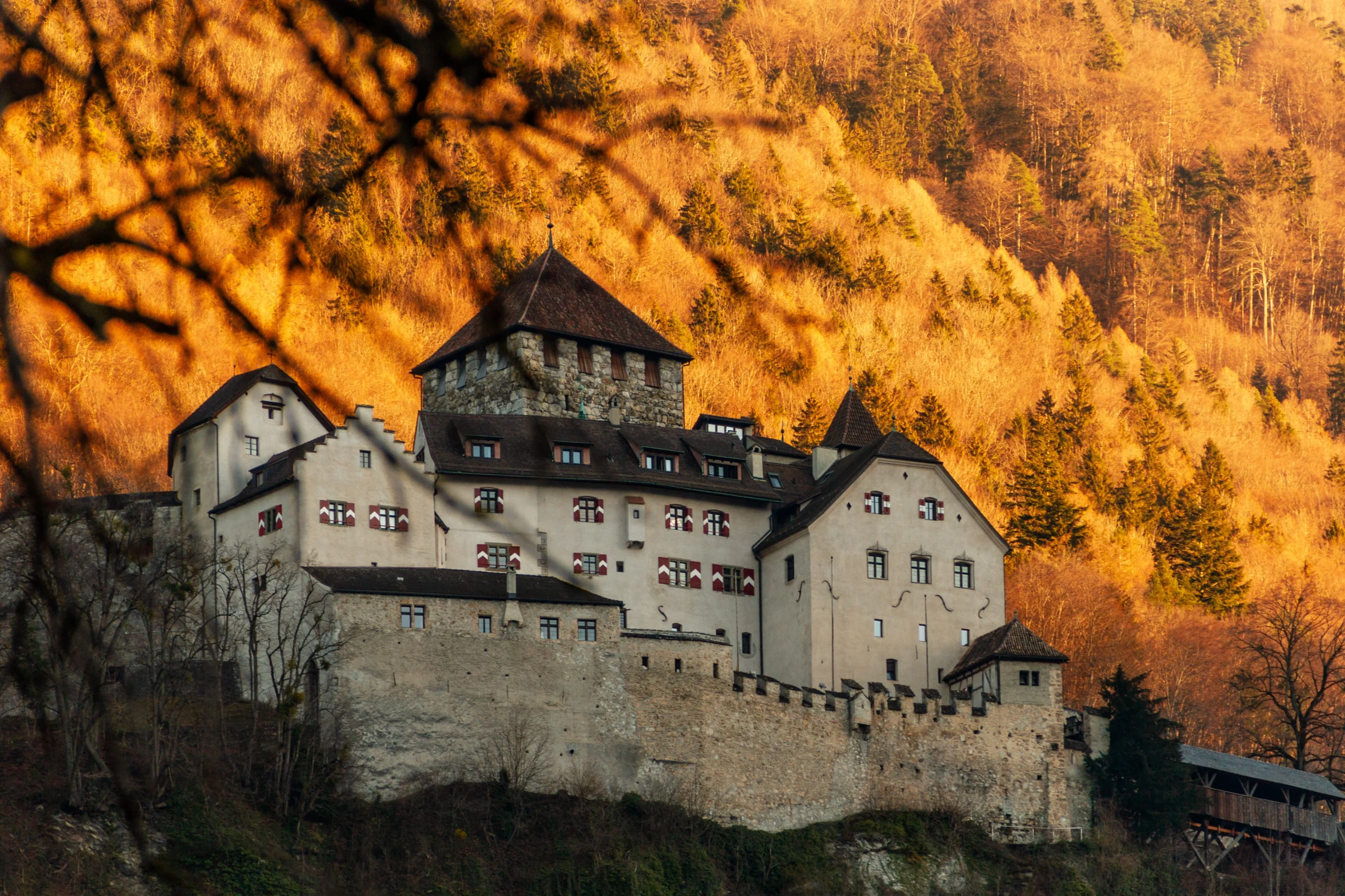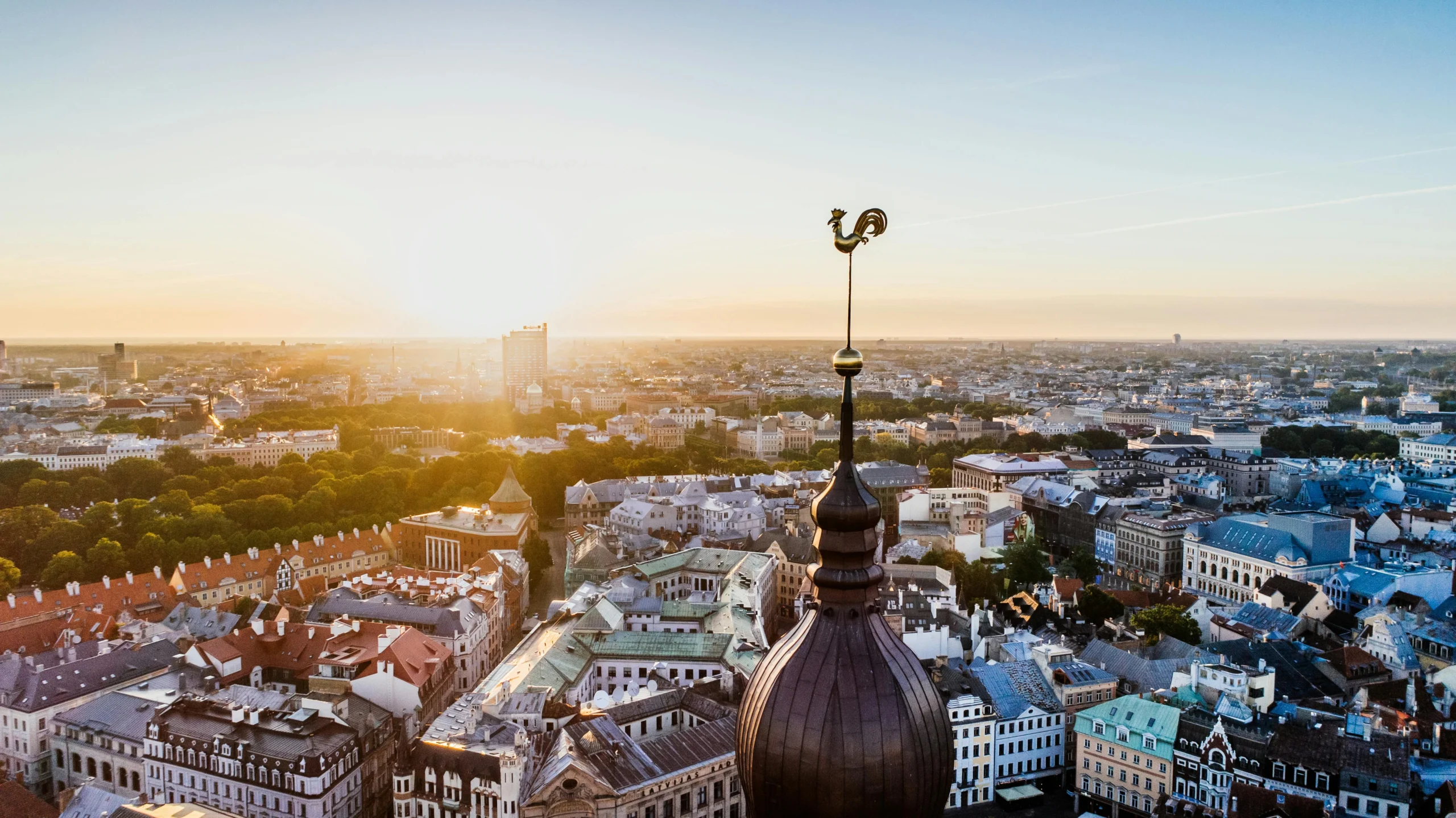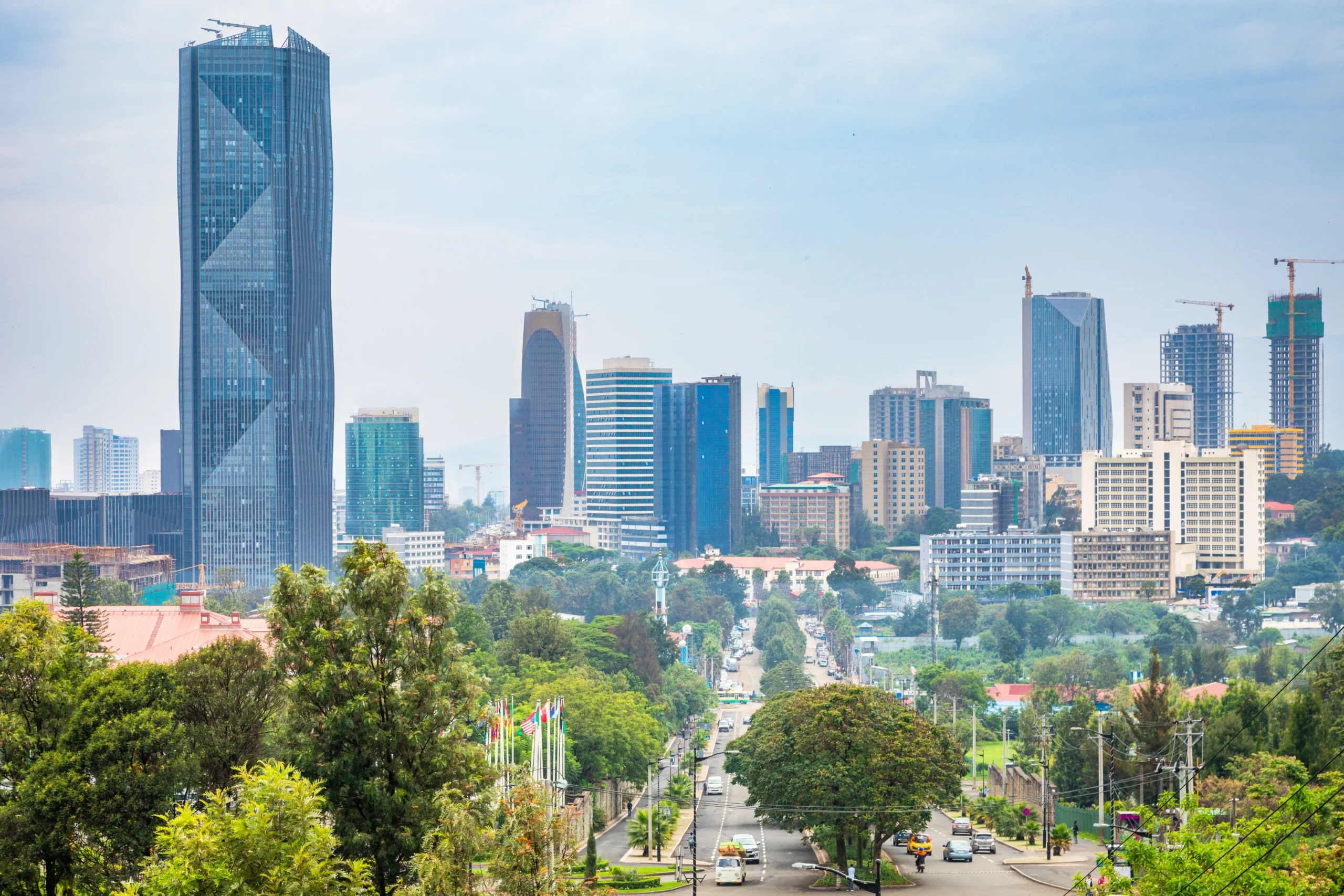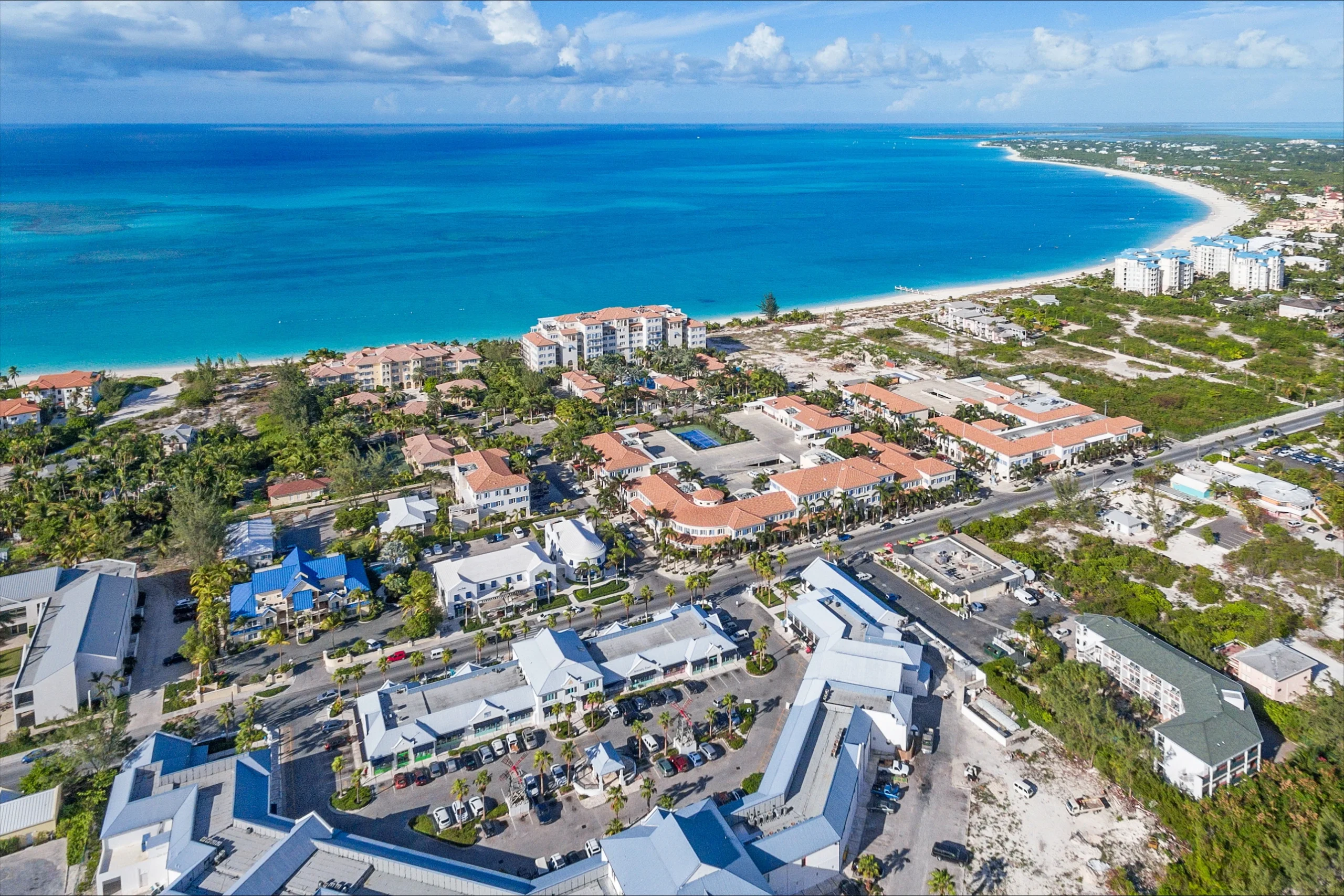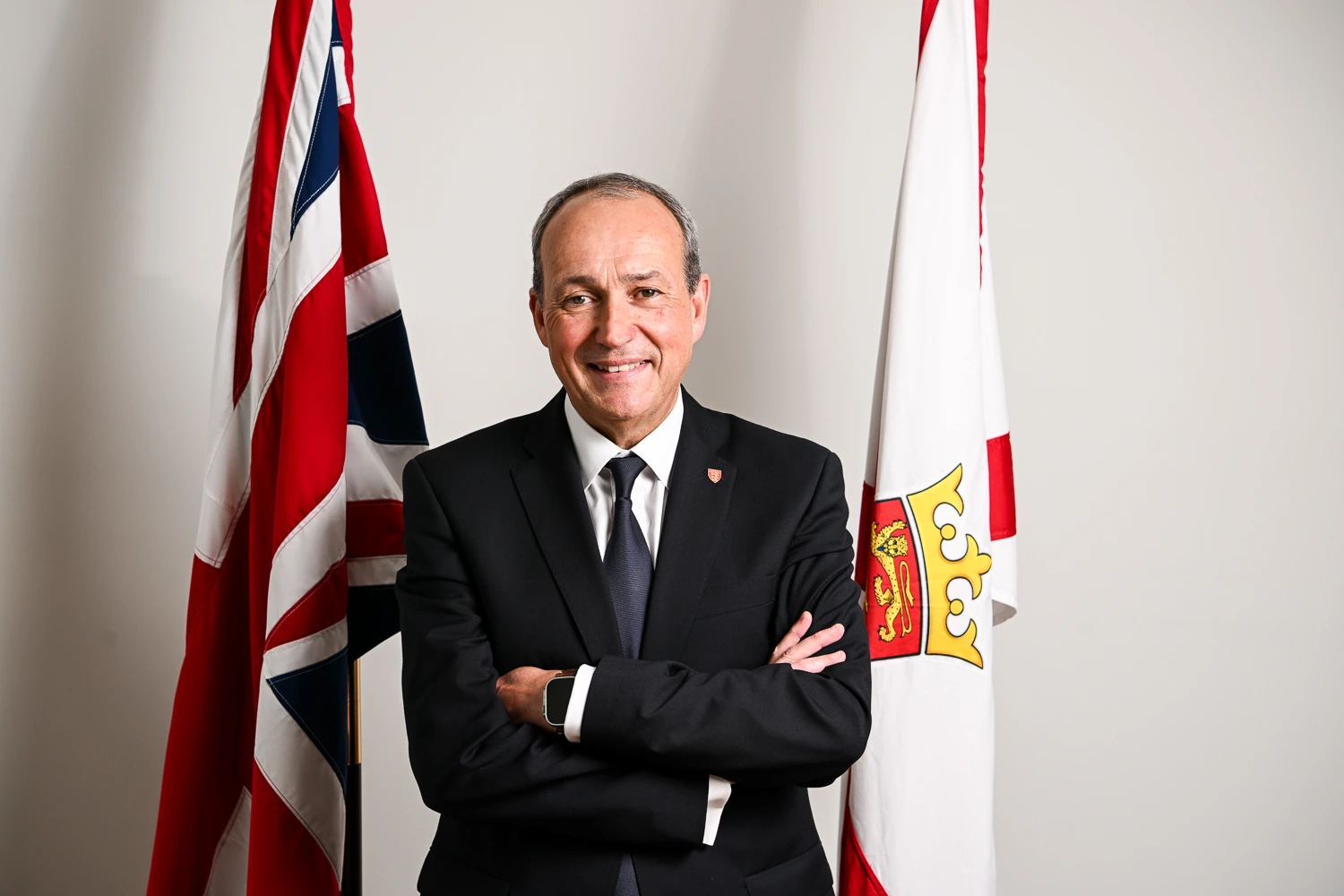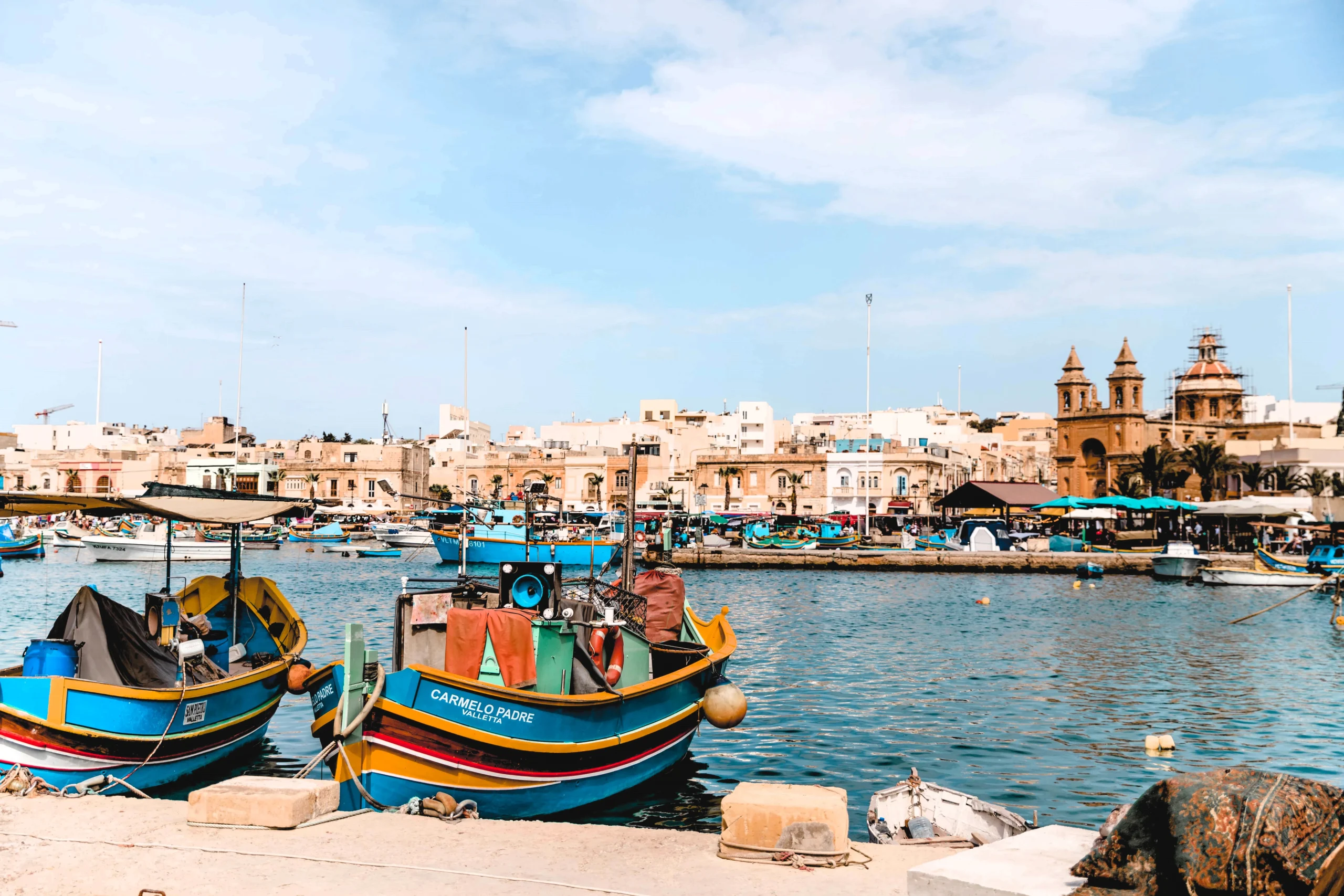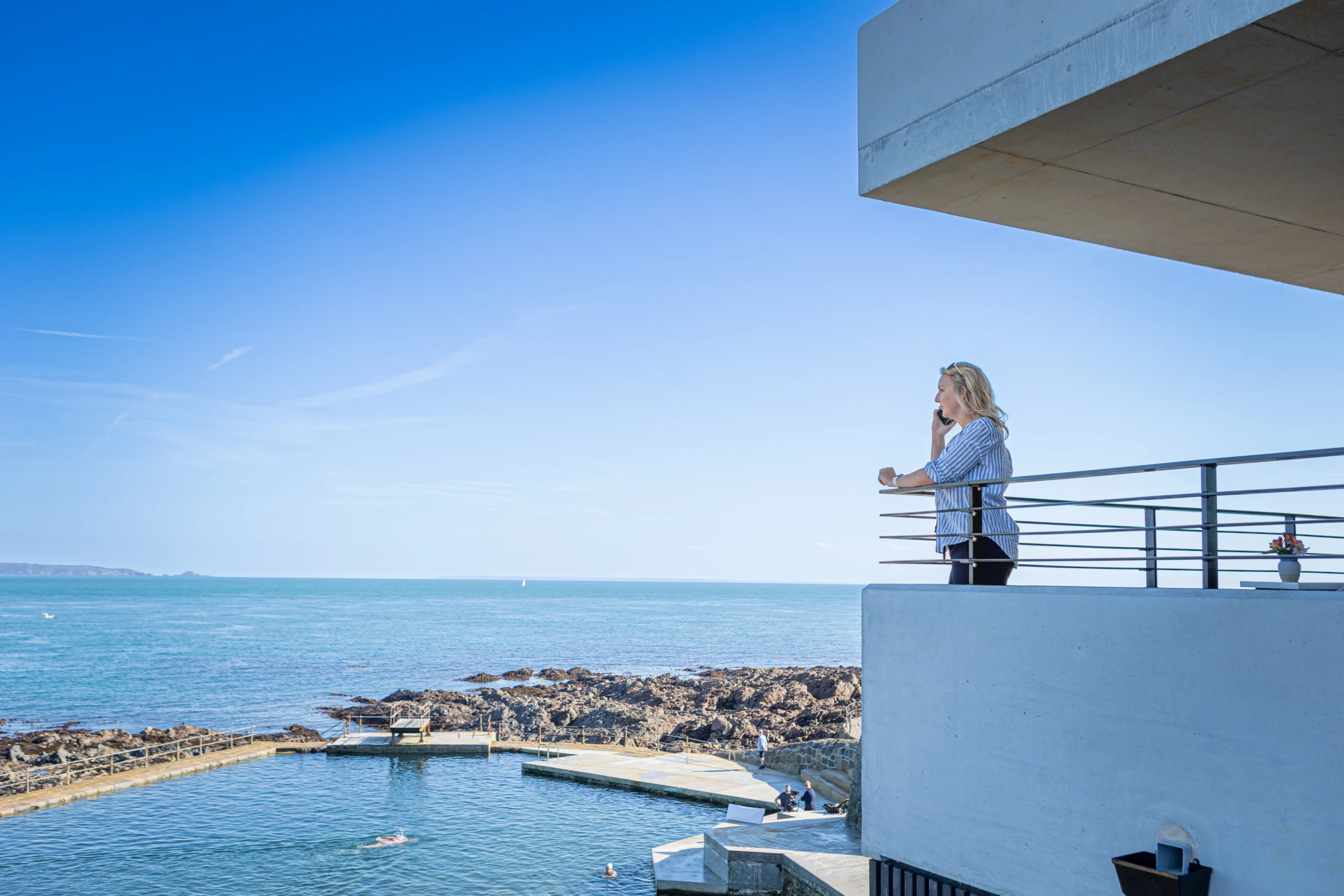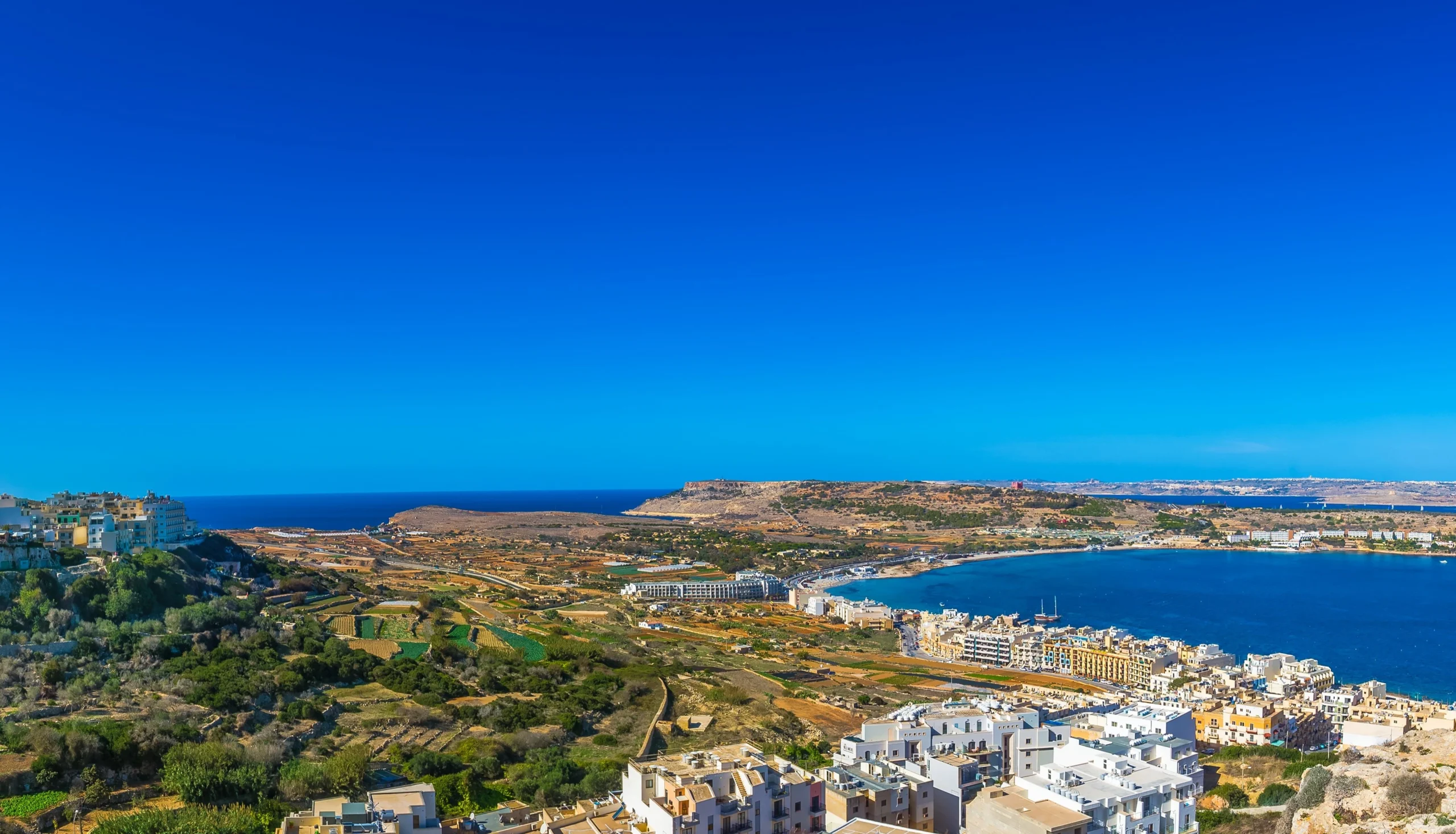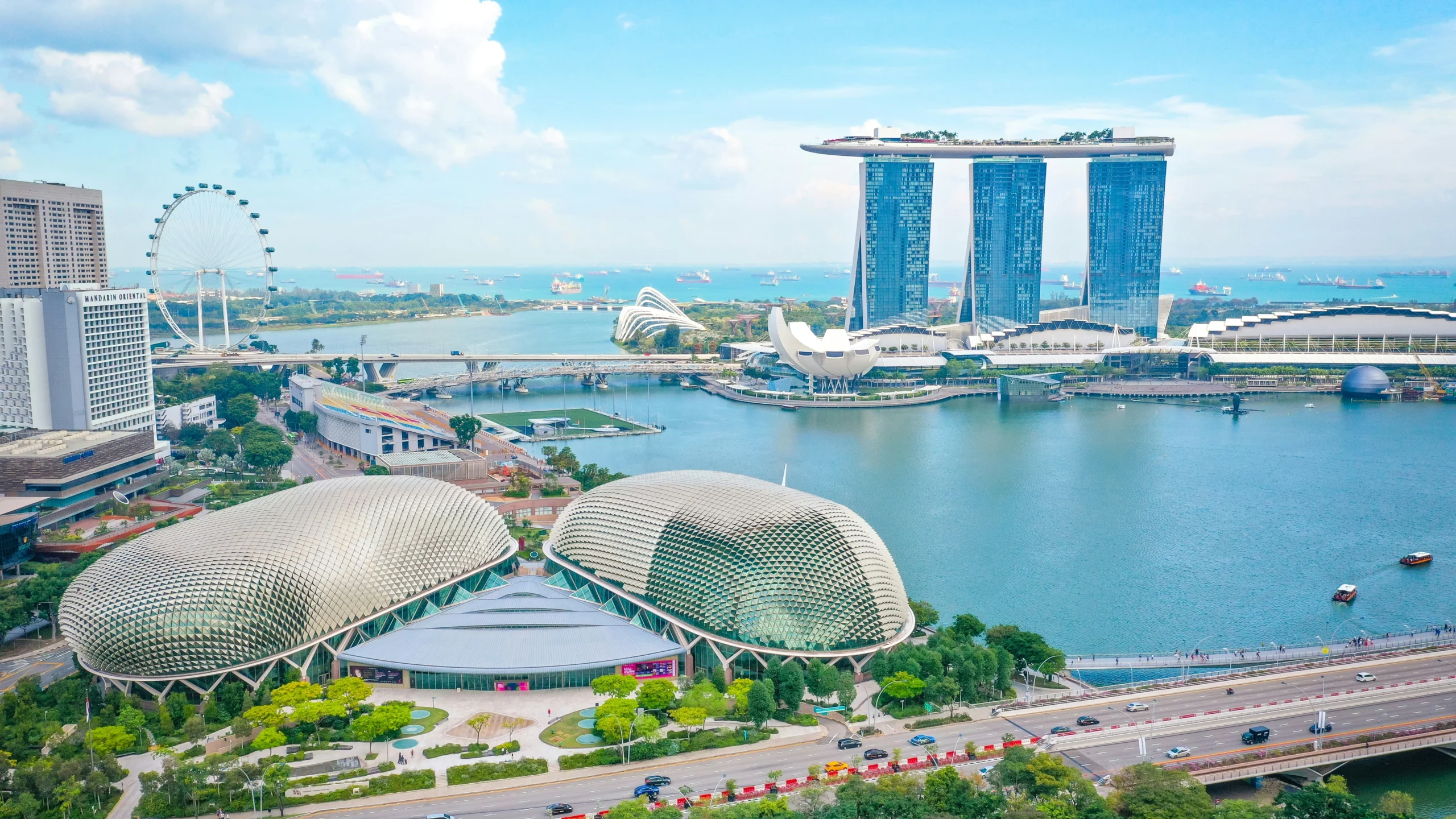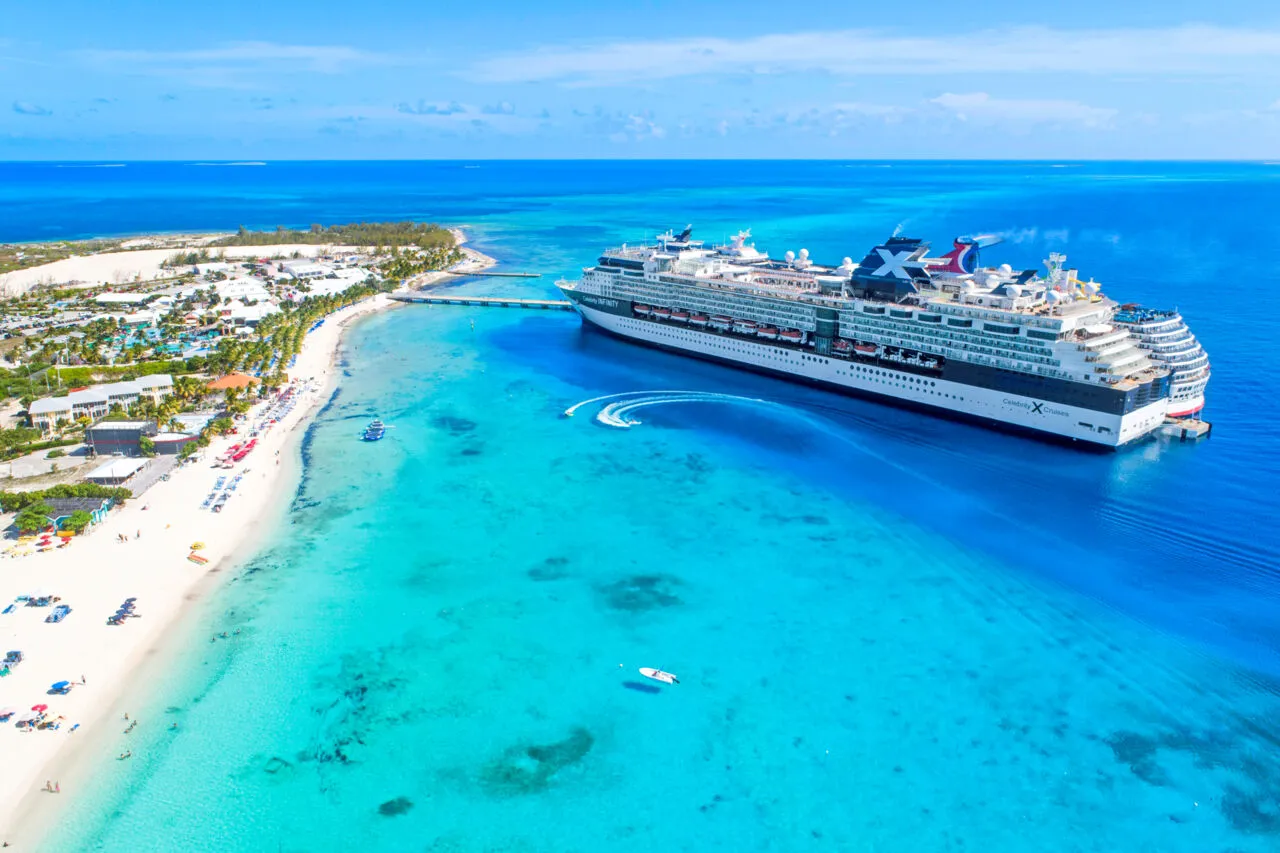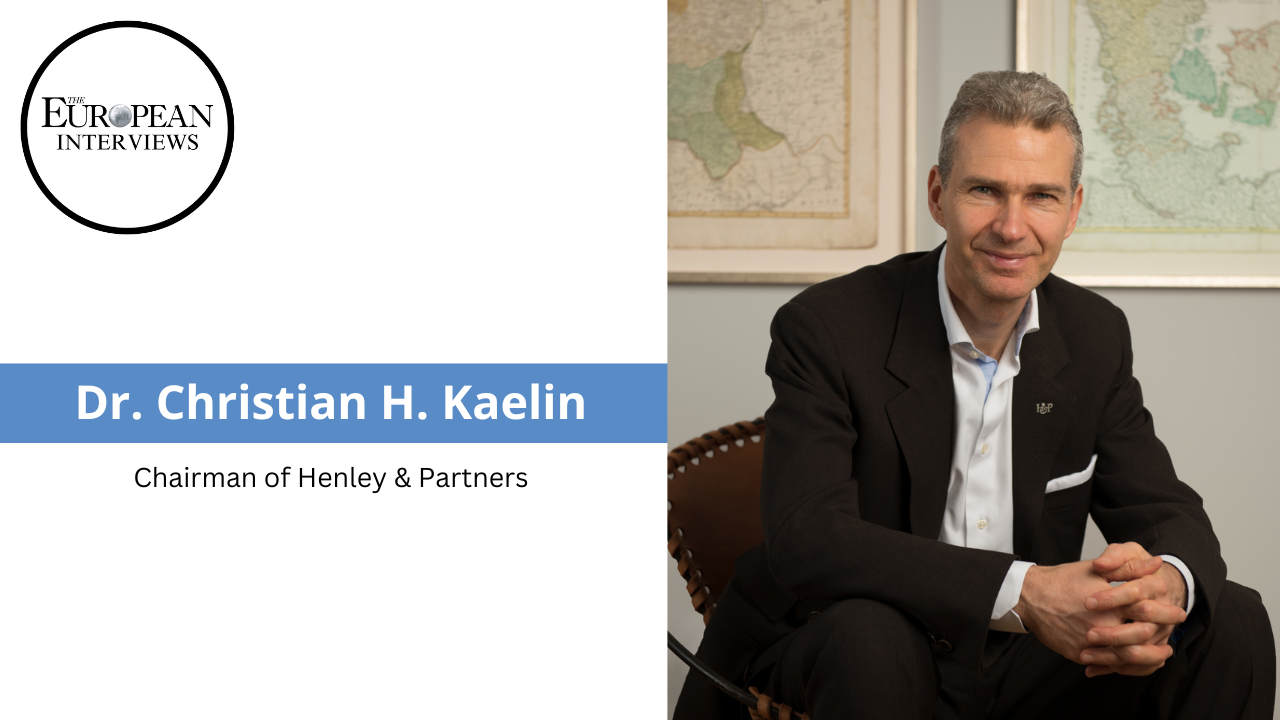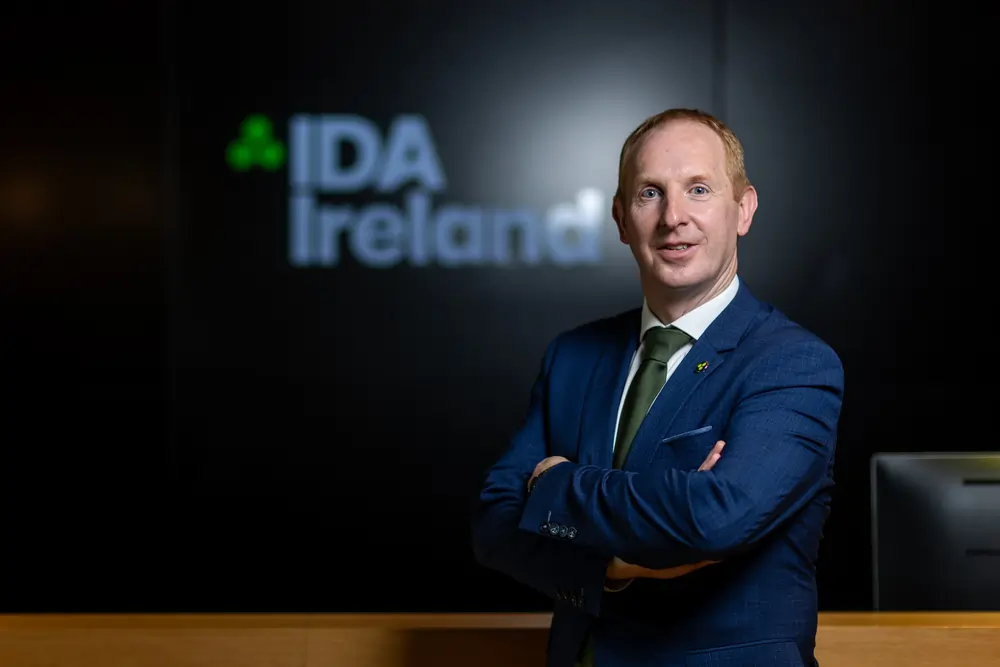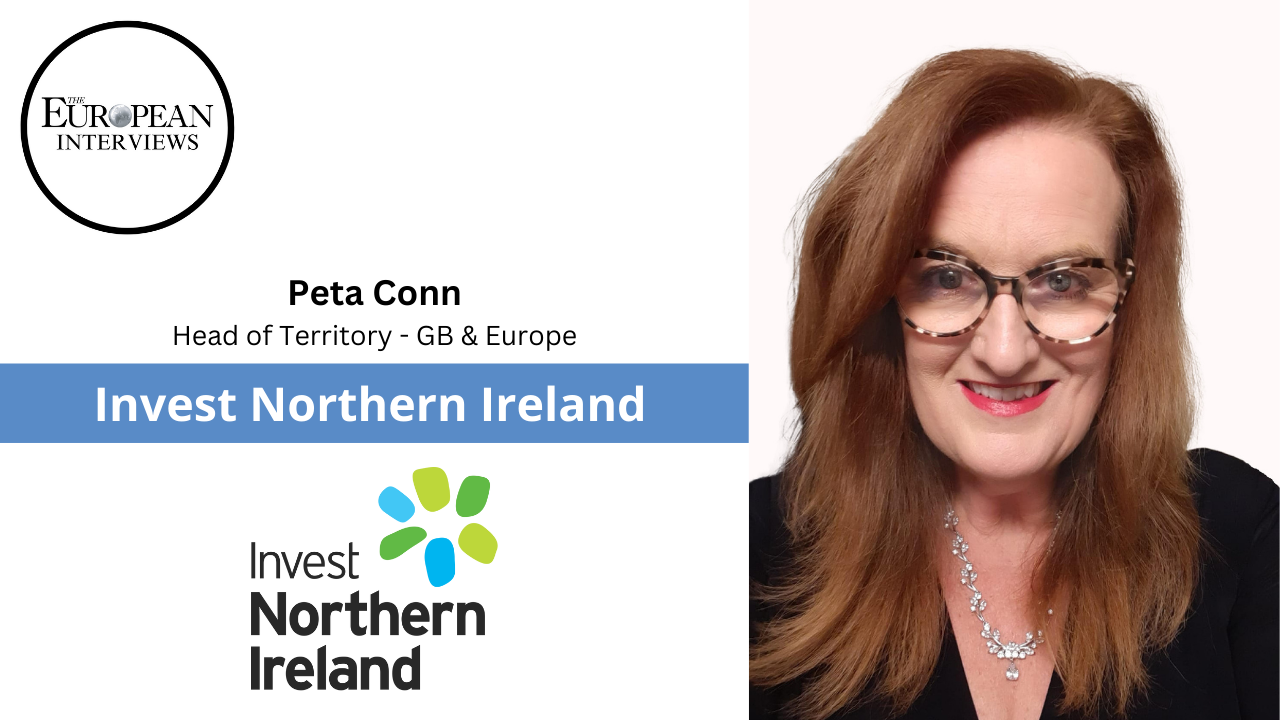How free global cities could reshape the future of migration

Dr. Christian H. Kaelin
- Published
- Foreign Direct Investment, Residency Schemes

With more than 123 million people displaced worldwide and traditional solutions faltering, the concept of ‘Free Global Cities’ could transform refugees from passive recipients of aid into active contributors to thriving, resilient communities, argues Dr. Christian H. Kaelin, Chairman at Henley & Partners
In the intricate landscape of the 21st century, few matters epitomise the complexities and ethical imperatives of our time as profoundly as the refugee question.
From the poignant images of families fleeing war-torn areas to the divisive political debates across the world, the refugee and migration crisis confronts us with the challenging realities of displacement and emphasises the necessity for coordinated international efforts and compassion.
According to the latest statistics from the UN Refugee Agency (UNHCR), over 123 million individuals are displaced from their homes, a figure that has doubled over the past decade. As temperatures rise, natural disasters become more frequent and severe, displacing communities and rendering their environments uninhabitable. Simultaneously, political instability and armed conflicts in various regions force millions to flee their homes in search of safety and refuge. More than 70 per cent of refugees are fleeing conflict, with the majority originating from war-torn nations like Venezuela, Syria, Afghanistan, Ukraine, and South Sudan, where violence and persecution have uprooted entire populations. Notably, four of the top five host nations — Iran, Türkiye, Colombia, Germany, and Uganda — are developing countries.
Behind these statistics lies a tapestry of human stories. Stories of loss, resilience, and hope for a better future. These narratives reflect the determination of individuals and families who, despite facing immense challenges, hold onto the hope of rebuilding their lives in unfamiliar places.
In the face of such substantial challenges, traditional approaches to addressing the refugee and migration crisis have proven inadequate. The reality for many refugees is that they live in barely humane conditions in poorly managed camps for years, or often decades. If they cannot be accommodated in a host nation, the next solution is repatriation. Unfortunately, for many, returning to their countries of origin is not a viable option, especially if they are fleeing famine, ongoing war, or an uninhabitable environment. Moreover, the rising tide of xenophobia and political nativism is further complicating efforts to find sustainable solutions, relegating refugees to the margins of society and perpetuating cycles of exclusion and marginalisation.
Countries such as Canada, New Zealand, and the U.S. have, to some extent, managed the delicate process of integration effectively. However, in today’s political climate, local integration is increasingly falling out of favour, as it fuels heated debates among growing pockets of society concerned about the potential impact of new migrants on the existing socio-economic fabric. This closed-door policy and resistance to change is becoming evident even in countries that historically were founded on the backs of migrants.
Although not widely implemented, resettlement — which is the transfer of refugees to a third country that grants them permanent residence — offers another option. However, it is not a popular choice, requiring bilateral or multilateral government collaboration, and its success to date has therefore been limited.
As policymakers search for more effective and humane alternatives, an innovative concept has emerged: the establishment of Free Global Cities. This promising departure from conventional approaches such as refugee camps, state-sponsored resettlement, and integration initiatives aims to address the multifaceted challenges of the refugee and migration crisis.
The term ‘Free Global City’ is still broadly undefined, but certain core notions can be ascribed to it. We envision it as a place where anyone can move to and become a resident, with a special focus on and privileged access for those uprooted by war or disasters. It is also a place where the talents and motivations of displaced people can be put to productive use so that they may earn a wage or set up a business and live an economically independent life with their families. It is a place where they can feel safe and secure from the persecution they fled from. It is also a place that benefits the host country’s economy and is perceived as an asset rather than a liability.
Technically speaking, a Free Global City is a special-status jurisdiction — within a country’s borders — in which displaced people, who would otherwise be barred from working, can be employed, start a business, and rebuild their lives. In a Free Global City, migrants can legally work or operate their own enterprises immediately, access goods and services, and enjoy property and other rights ordinarily denied to them.
The Free Global Cities we have in mind have the potential to generate tax revenue for the host country, returns for the investors, and ultimately become thriving communities with strong economies. Furthermore, we believe that such cities will be able to help mitigate the worst migration crisis in history, which the world will be experiencing in the coming decades.
What distinguishes the concept of a Free Global City from existing models of refugee assistance is its commitment to transcending the traditional binaries of aid and charity, integration and assimilation. Rather than perceiving refugees as passive recipients of benevolence or as burdens on host communities, it recognises them as agents of change, capable of contributing their skills, talents, and perspectives to the collective tapestry of human endeavour. By fostering environments of inclusivity, innovation, and opportunity, Free Global Cities seek to harness the untapped potential of displaced people and other migrants, transforming them from victims of circumstance into architects of their own futures.
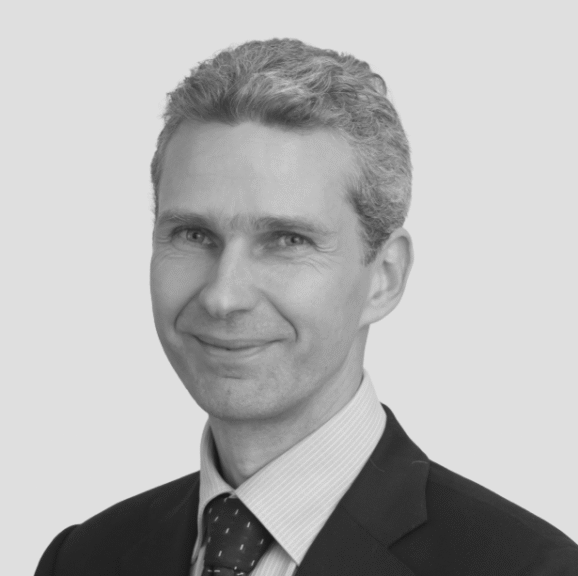
Dr. Christian H. Kaelin, TEP, FIMC, Chairman at Henley & Partners, is considered one of the world’s foremost experts in investment migration, a field he pioneered.
Read More: ‘Malta – a popular base for digital nomads.‘ With an estimated 40 million digital nomads now reshaping the global economy, countries are racing to attract remote workers with the right mix of stability, infrastructure and lifestyle. Daryl Grima of Residency Malta explains why the island’s Nomad Residence Permit – offering a renewable stay for non-EU citizens – is positioning Malta as a serious base for internationally mobile professionals.
Do you have news to share or expertise to contribute? The European welcomes insights from business leaders and sector specialists. Get in touch with our editorial team to find out more.
RECENT ARTICLES
-
 Zanzibar’s tourism boom ‘exposes new investment opportunities beyond hotels’
Zanzibar’s tourism boom ‘exposes new investment opportunities beyond hotels’ -
 Residence and citizenship planning is reshaping global wealth strategies
Residence and citizenship planning is reshaping global wealth strategies -
 Building sovereign bridges by attracting global investors
Building sovereign bridges by attracting global investors -
 Bahrain cuts property investment threshold for golden residency
Bahrain cuts property investment threshold for golden residency -
 Where mobility meets opportunity: Malta’s strategic advantage for global investors and innovators
Where mobility meets opportunity: Malta’s strategic advantage for global investors and innovators -
 UK government sets up Women in Tech taskforce amid gender imbalance concerns
UK government sets up Women in Tech taskforce amid gender imbalance concerns -
 Malta introduces Nomad Heritage Card for remote professionals
Malta introduces Nomad Heritage Card for remote professionals -
 How free global cities could reshape the future of migration
How free global cities could reshape the future of migration -
 Dominican Republic positions itself as Caribbean hub for sustainable trade and investment
Dominican Republic positions itself as Caribbean hub for sustainable trade and investment -
 Biviana Riveiro Disla speaks to The European about the Dominican Republic’s role as a hub for trade and investment
Biviana Riveiro Disla speaks to The European about the Dominican Republic’s role as a hub for trade and investment -
 Liechtenstein tops global index for foundations
Liechtenstein tops global index for foundations -
 Keeping the door open: wealthy UK citizens investing their way back into the EU
Keeping the door open: wealthy UK citizens investing their way back into the EU -
 Ethiopia emerges as a sustainable investment leader on the African stage
Ethiopia emerges as a sustainable investment leader on the African stage -
 France’s FDI renaissance marks a Nouvelle Ère for Europe
France’s FDI renaissance marks a Nouvelle Ère for Europe -
 The Turks and Caicos Islands: A new era for financial services and innovation
The Turks and Caicos Islands: A new era for financial services and innovation -
 Jersey in focus – an interview with Chief Minister Deputy Lyndon Farnham
Jersey in focus – an interview with Chief Minister Deputy Lyndon Farnham -
 Malta – a popular base for digital nomads
Malta – a popular base for digital nomads -
 Move to Guernsey: The Channel’s island gem
Move to Guernsey: The Channel’s island gem -
 Malta’s residency-by-investment programme: a clear path to permanent residency
Malta’s residency-by-investment programme: a clear path to permanent residency -
 The banking shift that Europe’s businesses can’t afford to ignore
The banking shift that Europe’s businesses can’t afford to ignore -
 High-net-worth Europeans turn to investment migration amid security fears
High-net-worth Europeans turn to investment migration amid security fears -
 Beyond the beaches: a spotlight on the Turks and Caicos Islands
Beyond the beaches: a spotlight on the Turks and Caicos Islands -
 Video Interview with Dr. Christian H. Kaelin of Henley & Partners
Video Interview with Dr. Christian H. Kaelin of Henley & Partners -
 Ireland’s resilience and future in Foreign Direct Investment
Ireland’s resilience and future in Foreign Direct Investment -
 Video Interview with Peta Conn of Invest Northern Ireland
Video Interview with Peta Conn of Invest Northern Ireland




